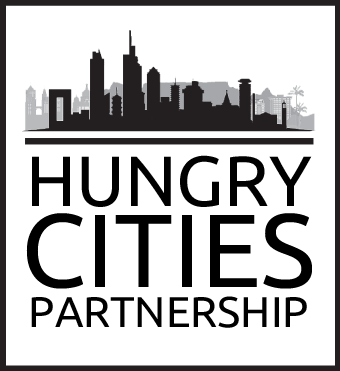Document Type
Other Report
Publication Date
2013
Department
Balsillie School of International Affairs
Abstract
Food insecurity is a fact of life for the vast majority of households across Maputo’s poverty belt. The Maputo urban food security survey done by AFSUN as part of its baseline survey of 11 Southern African cities found that households exist in a constant state of food insecurity manifested in a lack of access to sufficient affordable food, poor dietary quality and undernutrition. Income is meagre and only those households with access to wage income have any chance of holding food insecurity at bay. With a vibrant informal food economy, Maputo’s poor are surrounded by fresh and processed food. Food availability is therefore not the primary determinant of food insecurity in Maputo. Certainly large-scale food import from South Africa and further afield makes the market price of food inherently volatile. But prices for the consumer are also driven down by the fact that there is intense competition among vendors on the streets and in the marketplaces. The real cause of food insecurity is high urban unemployment and a lack of regular and decent-paying work. Among its recommendations, AFSUN urges the city of Maputo to set up a food security strategy that is multisectoral and policy-oriented and based on a better understanding of food flows into and within the city, the operation of the city’s informal food economy and the likely impacts of formal retailing for the food security of the urban poor.
Recommended Citation
Raimundo, I., Crush, J., & Pendleton, W. (2014). The State of Food Insecurity in Maputo, Mozambique (rep., pp. i-38). Kingston, ON and Cape Town: African Food Security Urban Network. Urban Food Security Series No. 20.
Included in
Food Studies Commons, Human Geography Commons, Politics and Social Change Commons, Urban Studies and Planning Commons


